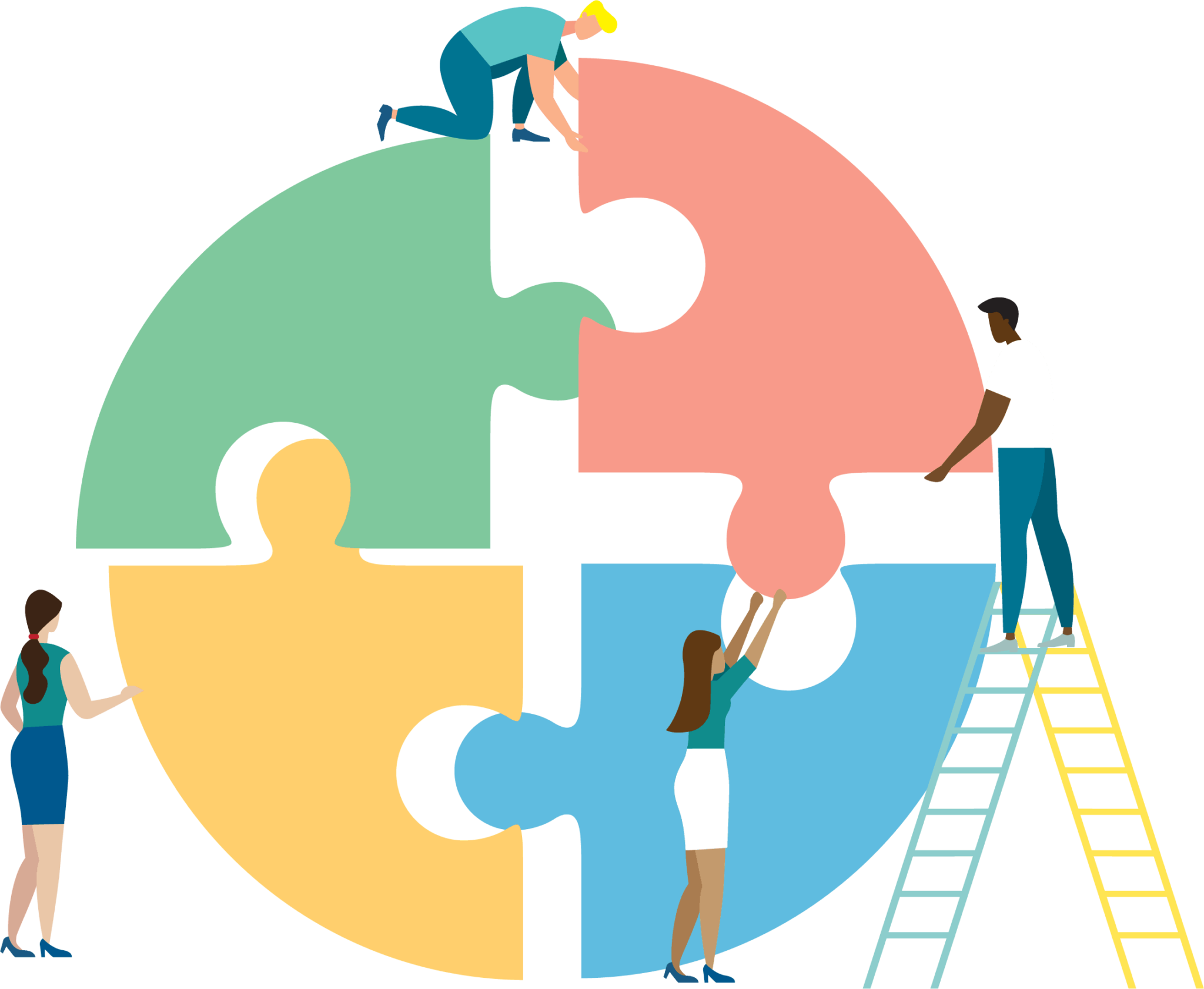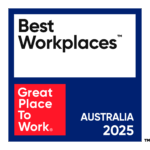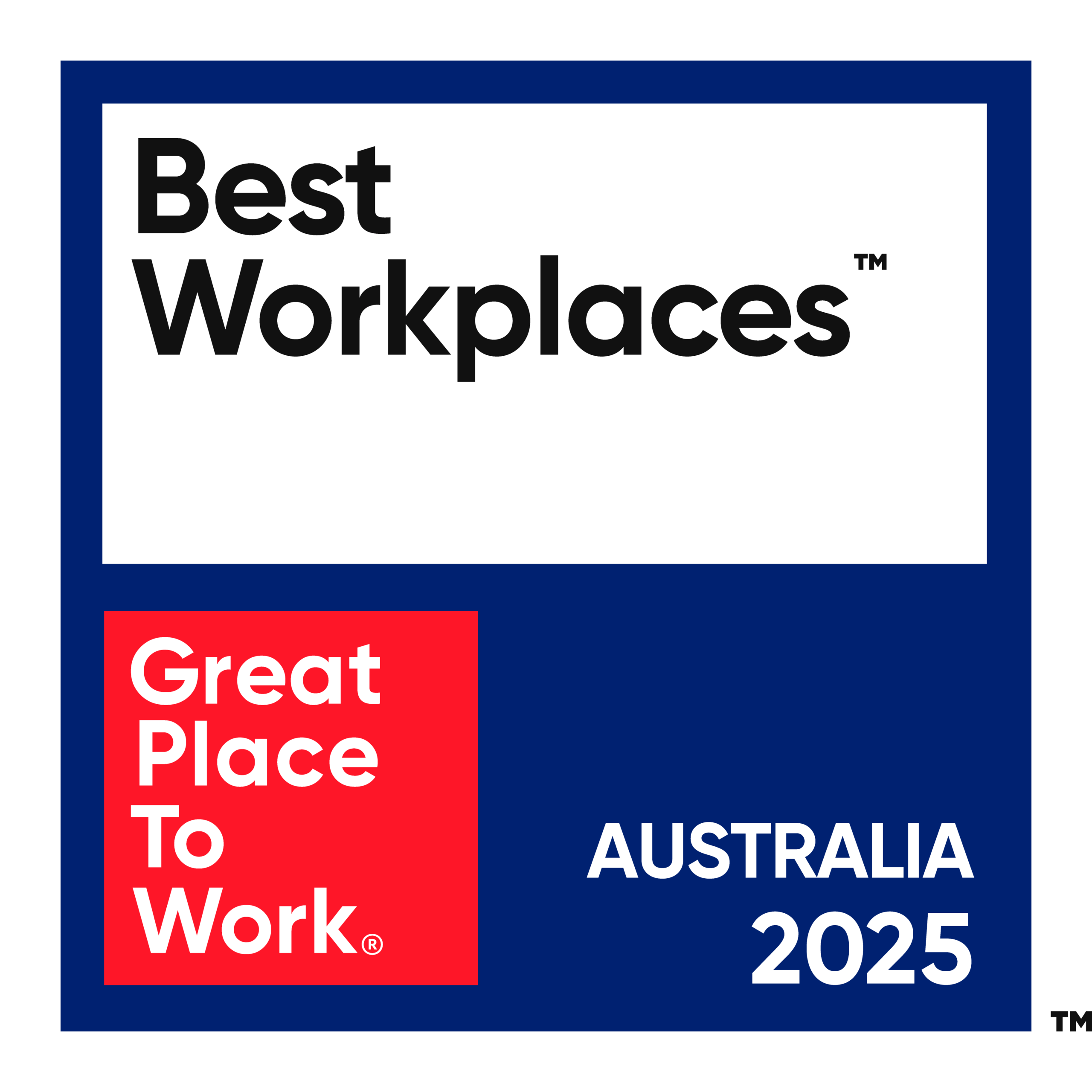Home > Unlocking the Potential of General Capabilities in Education
Unlocking the Potential of General Capabilities in Education
The value of the General Capabilities and the role that Be Challenged programs can play in fostering these capabilities in our students.
In today’s rapidly evolving job market, it has become increasingly clear that the current curriculum falls short in adequately equipping students with the skills they will need to thrive in the workplace. Pleasingly, as a consequence of significant curriculum reform, research by the likes of Gonski and Shergold, and the subsequent release of their ‘In the Same Sentence’ report of 2021, focus on ‘soft skills’ and discussion around how to recognise student achievement in relation to these skills has accelerated.
Having recently moved from the Education Sector to pursue a career based in recruitment and the development of People and Culture, I feel passionate about ensuring our young people are fully equipped to follow the career pathways they choose for themselves after leaving school. It is the transferability of the skills they possess that will enable young people to enact the multiple iterations of their careers which will be so prevalent for generations into the future.
As technological advancements reshape industries and new professions emerge, it is imperative that our education system similarly evolves to ensure our children are prepared for the challenges and opportunities that lie ahead. Greater focus on the mapping of the General Capabilities in the Australian curriculum, and prioritisation of opportunities for students to utilise these capabilities in a range of contexts will go some way to assisting our students to flourish and will bridge the gap between classroom learning and real-world employability.
A survey conducted by the Society for Human Resource Management revealed that 75% of HR professionals believe there is a significant skills gap in today’s workforce. According to a study by the National Association of Colleges and Employers, communication, teamwork, critical thinking and problem-solving skills are among the top qualities employers seek in their job candidates. Happily, these are the skills identified in Australia through the General Capabilities.
A recent report by the Partnership for 21st Century Skills highlights that employers face challenges in finding candidates who are proficient in these highly desired soft skills. More explicit incorporation of experiential learning, collaborative projects and communication-focused activities into the curriculum can foster the development of these critical skills, ensuring that students are well–prepared to meet the demands of the modern workforce.
By ensuring there are opportunities for learning to be embedded in real world contexts and by deliberately prioritising student growth through more explicit focus on the General Capabilities, we are more fully engaging our students- while recognising the needs of our young people into their future.
At Be Challenged, we value our partnership with schools around the country. Our partnerships in the education sector enable us to assist in the emphasis of the value of ‘soft skills’, and in the mapping of these throughout the curriculum. Our school partners find that their partnerships with Be Challenged enable them to ensure that while they are busied with the many competing requirements of their roles, we provide valuable assistance in the design and delivery of engaging and creative programs that prioritise collaboration, critical thinking, creativity and team work. Significantly, a number of these programs can also be mapped to the syllabus for a range of subject and courses, and we relish the opportunity to work with schools in the design of programs bespoke to school values and specific objectives.
For more information about the programs we offer for students and staff in schools, please get in touch.
Lisa Kelliher
Head of People and Culture and Educational Consultant, Be Challenged





